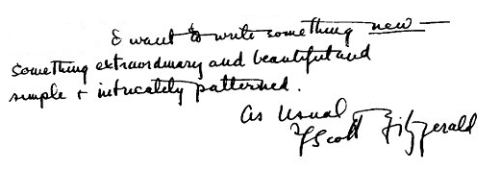ManOSafety
Literotica Guru
- Joined
- Jan 3, 2000
- Posts
- 10,060
Thank you very much.
Again I think I'd disappoint. The last books I read were Neverwhere, House of Silk and Horns.
Love Neverwhere
Follow along with the video below to see how to install our site as a web app on your home screen.
Note: This feature may not be available in some browsers.
Thank you very much.
Again I think I'd disappoint. The last books I read were Neverwhere, House of Silk and Horns.

[laughs]
The voting is open until midnight. But right now, thanks to Aquagal the numbers are showing
4 ~ The Great Gatsby
3 ~ Invisible Man
2 ~ Slaughterhouse Five
4 ~ no preference
One hour left!

No preference but I'd like to join! I have a suggestion for another book, down the road


you are always welcome to join!
What is your suggestion for later book?
Ok, for those that can't get to a library, or don't want to pay for the book via Kindle, or whatever, here is a link to read it online for free:
http://ebooks.adelaide.edu.au/f/fitzgerald/f_scott/gatsby/
You can also download it in ePub format.
awesome! thanks for the link
Written as he was about to write Gatsby....


wow. I love that. Perhaps the final question we should ask ourselves is if he achieved that.
Thank you Mollie. Oh and LOVE the socks!!
Thanks!!
Glad you liked it - wasn't sure if it would be adding extraneous stuff that wasn't wanted on the thread.
Since it's the final question, I'll keep quiet on my answer
